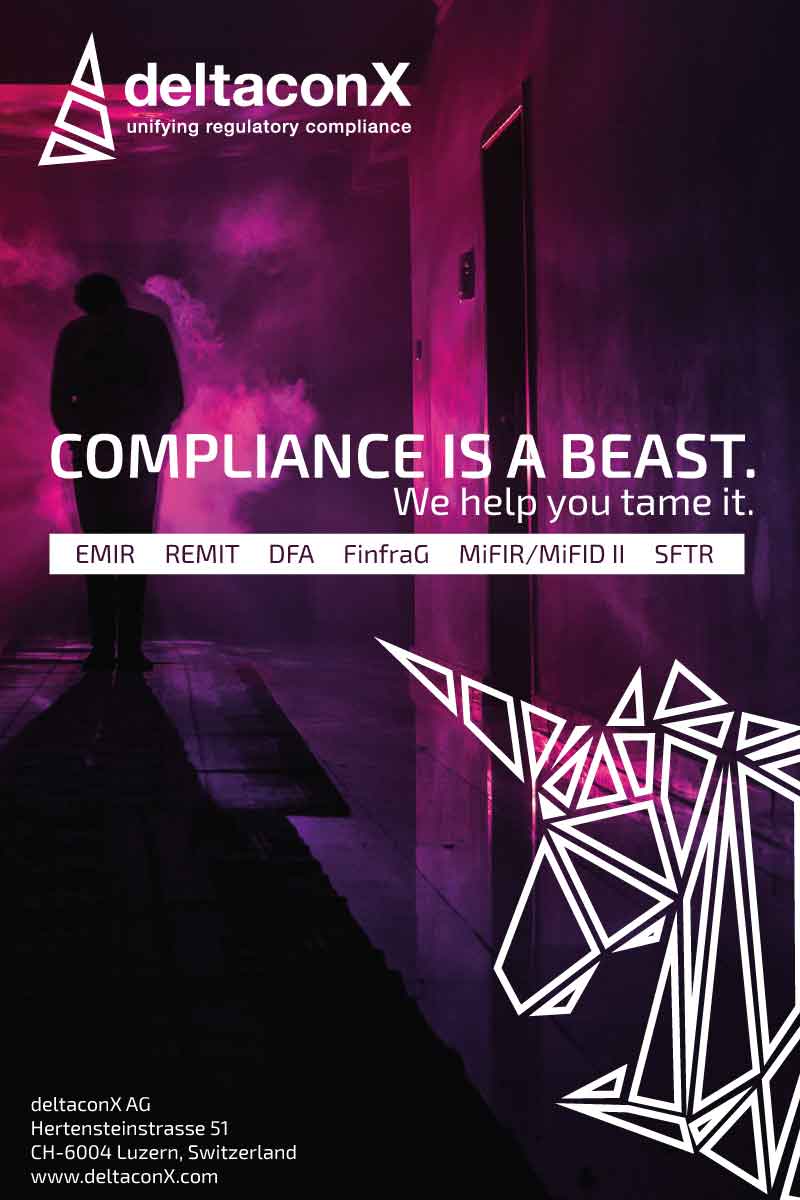“A tremendous amount of legacy technology, and the carrying out of data processes on the cloud, does not necessarily mean good governance and good control of your data,” said Neil Ryan, global head of investment analytics and data services at BNP Paribas Securities Services, at this years’ TSAM Conference.
Ryan made the comment in a Fireside Chat discussing how client expectations are disrupting operating models across the value chain, within TSAM’s Data Management and Insight stream.
Ryan went on to say that, in addition, visualisation tools do not always show the validity of data they are querying.
“There is often a push and pull between the data governance layer at a company, versus the freedom of data flow between them,” he added.
In the Fireside Chat, the moderator asked the audience whether the pivot toward data centricity is a key driver to growing their business, to which the majority of the audience raised their hands in agreement.
Fellow panellist Jason Dennis, senior vice president, global director, sales engineering and technology services at FactSet, said: “The main conversation we have with chief operating officers is about the risk and cost drives they have to weigh up. How do they reduce risk and cost within an organisation where concrete data may be missing? If there is a pool of people to service that data and data source, an organisation will improve across its value chain.”
Ryan advised: “The cloud is here to stay; embrace it and pick partners that integrate with each other. Pick your best people to drive the best alpha and opportunities, as well as asset servicers and asset managers — integrate the two sides together.”
Ryan also went on to say that retaining staff was of paramount importance to achieve good data governance. “Pay your best people what they are worth — the world out there is a battle for talent and a battlefield for recruitment.”
Dennis advised: “Recognise internal talent to influence business rules for the consolidation of data, particularly within the ESG space. At the same time you are holding out for talent, talk with and listen to your current employees. Listen to what they want to be involved in and what interests them, whether it be ESG or technology, for example — as long as their aspirations are cost-effective to your business, marry their subject matter expertise to make customer experience seamless. That way you will not lose clients.”
Expanding on Dennis’ point, Ryan added: “If you can achieve good data governance, the best employees can have meaningful and varying roles if they are not sitting there cleaning data, and you will retain staff and have happier clients. There is so much velocity in the value of good data.”
In the following panel, Patrick McKenna, head of sales and product management at software company Kurtosys, and Rickie Glasgow, senior investment data specialist, global investment data management at Vanguard, discussed how new and agile data governance practices can enable a business to grow with minimum disruption.
Glasgow said: “The financial markets always need instant access to data, but the question is: how do you get access to that data quickly and securely? We have all got access to control platforms in our organisations, but for additional access to platforms I often still have to raise a request.”
McKenna went on to discuss the importance of application programming interfaces (APIs) for good data access and governance.
He said: “Even 10 years ago, having an API was not commonplace. There are new technologies out there, such as Snowflake — a technology platform that has received a lot of buzz that will help the syndication of data — particularly data that is ESG-related.”
Glasgow added: “Broadly speaking, there has been a push toward self-service and turnkey solutions in terms of data governance and compliance data. The ESG conundrum is huge, it has so many tentacles to it — we will see an influx of data requirements five years from now, once regulations such as the Sustainable Finance Disclosure Regulation are embedded in.
“We may see the financial industry offboarding certain vendors because of their inability to provide that data. The jury is still out on ESG data governance, though we do see organisations onboarding as many vendors as they can in an effort to be prepared for that right now.”
McKenna concluded: “Our understanding of ESG is more advanced than even just five years ago. There is still a question mark surrounding what our clients are really going to ask for in the months to come, because ESG reporting is still in its infancy."
“How you leverage your operations to the cloud is important when considering ESG. The innovation and focus surrounding it has been a little delayed because of COVID-19 pandemic. However, I think the focus is shifting back to this very important topic.”



